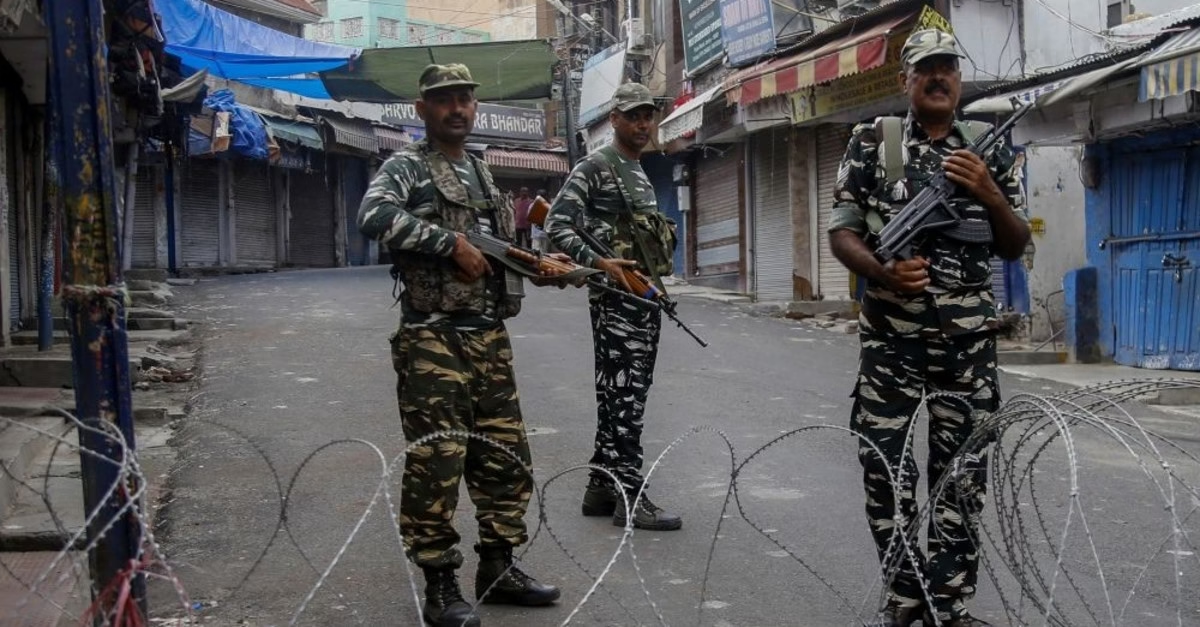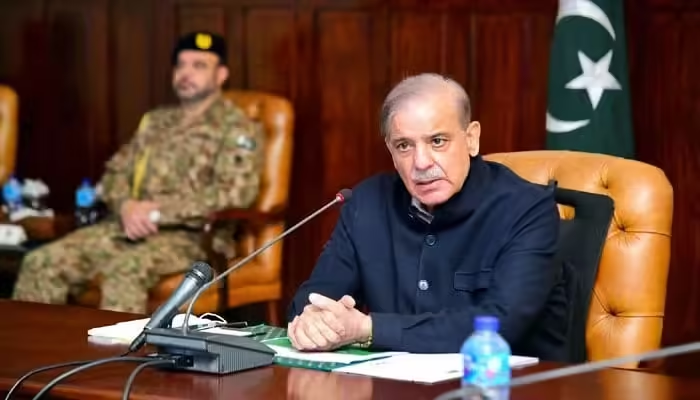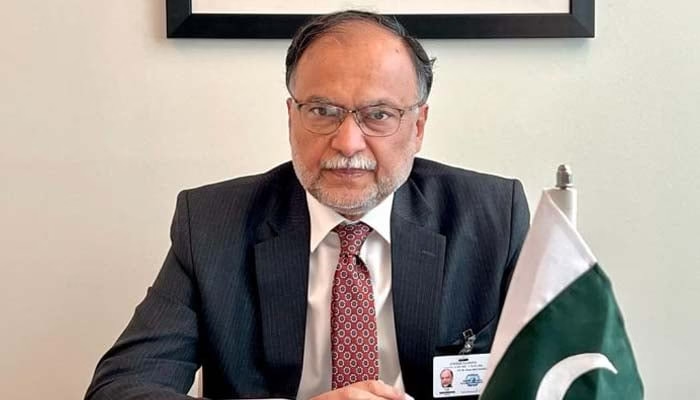Pakistan has witnessed a concerning rise in its inflation rate, with the figure surging to 31.4% year-on-year in September, as reported by data from the country’s statistics bureau. This sharp increase comes on the heels of August’s inflation rate of 27.4%, demonstrating the nation’s struggle with soaring fuel and energy prices.
Pakistan is currently navigating a challenging path toward economic recovery, led by a caretaker government. In July, the International Monetary Fund (IMF) approved a $3 billion loan program, averting a sovereign debt default. However, the conditions attached to the loan have complicated efforts to curb inflation.
On a month-on-month basis, Pakistan’s inflation climbed by 2% in September, compared to a 1.7% increase in August.
Reforms mandated by the IMF bailout, including the relaxation of import restrictions and the removal of subsidies, have already contributed to an annual inflation rate that reached a record 38.0% in May. Additionally, interest rates in Pakistan have soared to an all-time high of 22%. The country’s currency, the rupee, experienced record lows in August but rebounded in September to become the best-performing currency following regulatory action against unregulated foreign exchange trading.
The Ministry of Finance indicated in its monthly report on Friday that it anticipates high inflation to persist in the coming month, hovering around 29-31%. This is due to adjustments in energy tariffs and significant increases in fuel prices. However, the report also suggested that inflation is expected to ease, particularly in the second half of the upcoming fiscal year, starting on January 1.
To address rising inflation, Pakistan reduced petrol and diesel prices after two consecutive hikes. The Finance Ministry attributed this decision to international petroleum product prices and an improved exchange rate, thanks to regulatory measures against unregulated foreign exchange trading.
Inflation has remained at elevated levels, in double digits, since November 2021. Despite targeting a 21% inflation rate for the current fiscal year, Pakistan has experienced an average of 29% inflation during the first quarter.
The worsening economic conditions, coupled with escalating political tensions ahead of the national election scheduled for November, triggered sporadic protests in September. Many Pakistanis expressed their struggles to make ends meet amidst the challenging economic environment.
Analysts have noted that the inflation reading aligns with market expectations. Tahir Abbas, Head of Research at Arif Habib Limited, stated that inflation seems to have reached its peak for the current fiscal year and is expected to gradually recede in the coming months. Fahad Rauf, Head of Research at Ismail Iqbal Securities, echoed this sentiment, suggesting that higher inflation statistics should not significantly impact monetary policy.



